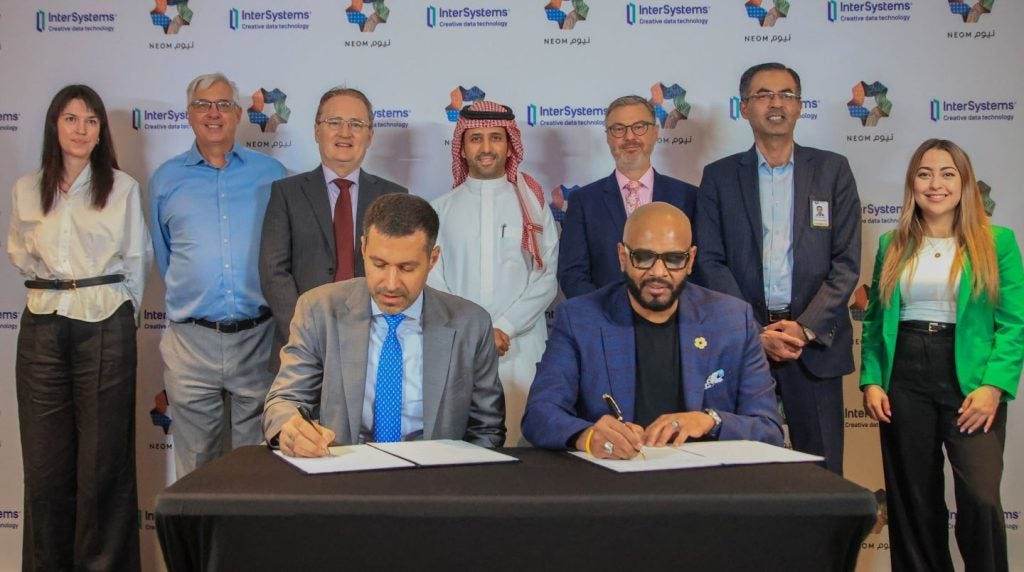
The UK’s National Health Service (NHS) is looking at a tumultuous 2024, facing down the significant twin challenges of stringent new immigration laws and staff protests ahead of a year that promises to test the body’s resilience in a staffing crisis.
Both these issues are liable to have a significant impact on staffing in a sector already under stress as it faces a myriad of cutbacks and exacerbating incidents, ranging from seasonal sickness to encroaching threats of new pandemics.
Immigration shake-up across the UK
On 4 December, the UK Government announced plans to significantly cut immigration by upping the minimum amount a foreign worker can be paid before they are eligible to enter the UK from £26,200 to £38,700. However, at the same time, health and social care staff have seen some exemptions from the strict new rules. However, the rule changes also come with the strong caveat that new immigrant workers to the UK can no longer bring family or dependents with them.
While there have now been some exceptions for healthcare and social care workers, the initial announcement sent shockwaves through the industry that resulted in significant pushback from several national bodies and charities who argue that the UK’s healthcare and life science sector greatly depends on the use of immigrant workers subsisting on annual pay below the new £38,700 threshold.
Announcing the new plan, Home Secretary James Cleverly said: “My plan will deliver the biggest ever reduction in net migration and will mean around 300,000 people who came to the UK last year would not have been able to do so. I am taking decisive action to halt the drastic rise in our work visa routes and crack down on those who seek to take advantage of our hospitality.”
Data published by the UK Government details that staff born outside the UK comprise 19% of the NHS’ overall workforce, with 8.6% identifying as Asian, while another 5.2% identify as European Union (EU) nationals. These figures have also been expected to rise with only 4% of NHS staff self-identifying as Asian in 2016.
How well do you really know your competitors?
Access the most comprehensive Company Profiles on the market, powered by GlobalData. Save hours of research. Gain competitive edge.

Thank you!
Your download email will arrive shortly
Not ready to buy yet? Download a free sample
We are confident about the unique quality of our Company Profiles. However, we want you to make the most beneficial decision for your business, so we offer a free sample that you can download by submitting the below form
By GlobalDataResponding to the government’s announcement, NHS Employers chief executive Danny Mortimer, the group’s arm for representing the managerial class of the body, said: “The government’s announcements will cause deep concern across social care and health.
“The Prime Minister and Home Secretary have at a stroke made the UK a less attractive place for much needed social care staff weighing up where they might choose to work. Their actions make the job of caring for the most vulnerable members of society that bit harder, and in doing so they again underestimate the value of good care services to the economy as a whole.”
Following significant industry pushback the government made changes to the already established Health and Social Care Visa, removing the minimum threshold of £38,700 per year, remaining but with mixed rules as to who is or is not allowed to bring dependents into the country, with social care workers still barred from doing so.
Worker groups such as the UK’s general union group Unison have called this a “disaster for the NHS” spelling out that healthcare workers will simply choose to take employment away from the UK at a time when the country needs them the most.
Unison general secretary Christina McAnea said: “Migrant workers were encouraged to come here because both sectors are critically short of staff. Hospitals and care homes simply couldn’t function without them.
“There’s also a global shortage of healthcare staff. Migrants will now head to more-welcoming countries, rather than be forced to live without their families. The government is playing roulette with essential services just to placate its backbenchers and the far-right.”
Nationwide strikes and unmet demands
A significant amount of time among healthcare professionals in the UK has been lost to ongoing strikes and industrial action throughout this year. Junior doctors, senior consultants, midwives, and nurses have all walked out at some stage over the past year in protest, with no signs that the industrial action will abate in 2024.
This year alone saw the first-ever joint strike action between senior consultants and junior doctors in the organisation’s history, alongside strikes from UK nurses and midwives staff in Northern Ireland. Now, over the Christmas and New Year period, stretching into January 2024, junior doctors are planning a series of strikes including the longest ever held in the organisation’s history.
Starting on 20 December and continuing until 23 December, the first in the new series of strikes will see the NHS being forced to prioritise urgent and emergency care, forcing senior consultants to step in for junior doctors who comprise approximately 50% of the body’s workforce. This means significant delays in care and the cancellation of appointments and scheduled treatments.
These strikes will later be followed up by additional industrial action in the new year, starting on 3 January and stretching until 9 January, marking almost a week of action, the longest in the group’s history. Coupled with historical pressure on health systems in winter, it spells out a difficult season for the NHS.
NHS national medical director Stephen Powis said: “These strikes come at a time that will cause huge disruption to the NHS, with services already feeling the strain of winter pressure.
“When you factor in the Christmas and New Year break, these strikes will prolong that period of reduced activity and it also puts the health service on the back foot into the new year, which is a time when we see demand start to rise significantly.”
The strike action was initially launched over the stagnating rate of pay for medical staff across the industry with pay rates for junior doctors and consultants having fallen by more than 35% in real terms over the last 15 years, when compared with the rate of inflation.
In response, the UK Government has threatened to impose minimum service level requirements on the government-run healthcare industry. These had been previously implemented earlier this year in the wake of transport strikes, with the government considering the measure to prevent the quality of care provided in NHS hospitals from slipping despite the ongoing industrial action.
However, the amendment to the amendment to the Strikes (Minimum Service Levels) Act 2023 is still in the consultation phase and will not become law before the current wave of planned industrial action is over.
Talks between the British Medical Association (BMA) and the UK Department for Health and Social Care are still ongoing but neither group is likely to strike a deal before the end of the current wave of strikes. It also follows after the previous minister for Health and Social Care, Steve Barclay, was ousted as part of a cabinet reshuffle and replaced with the now-incumbent Victoria Atkins.
Responding to the lack of progress in terms of a deal for junior doctors, the BMA has said that it is up to NHS Trusts across the UK to ensure that they are appropriately staffed regardless of industrial action, pointing out that consultants and specialists can provide adequate levels of care.
BMA deputy chair Emma Runswick said: “The BMA has been clear that Trusts are given sufficient notice of the strike dates and it is for them to ensure there is adequate and appropriate staffing in place to meet the levels of care provided. As with all other strike action taken by junior doctors, those doctors not taking industrial action – consultants, speciality and specialist doctors, as well as non-striking junior doctors, can provide cover ensuring that urgent and emergency care can continue to run.”
The strike action has already had an impact on staffing at some NHS Trusts, with one being forced to close its accident and emergency (A&E) department throughout one of the strikes. Gloucestershire Hospitals Trust said in an industrial action update, that it would be shutting its A&E department from 8am on Tuesday 19 December to 8am on Saturday 23 December, with no minor injury and illness unit services being provided either.






